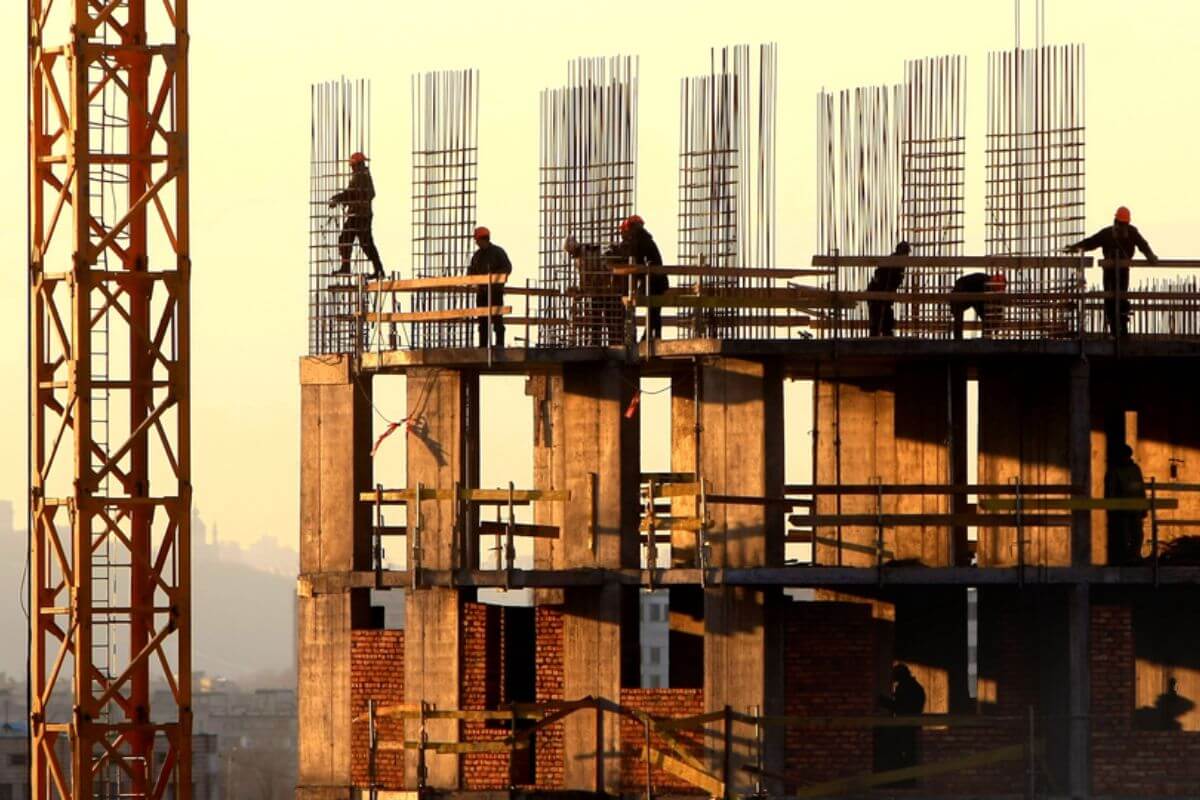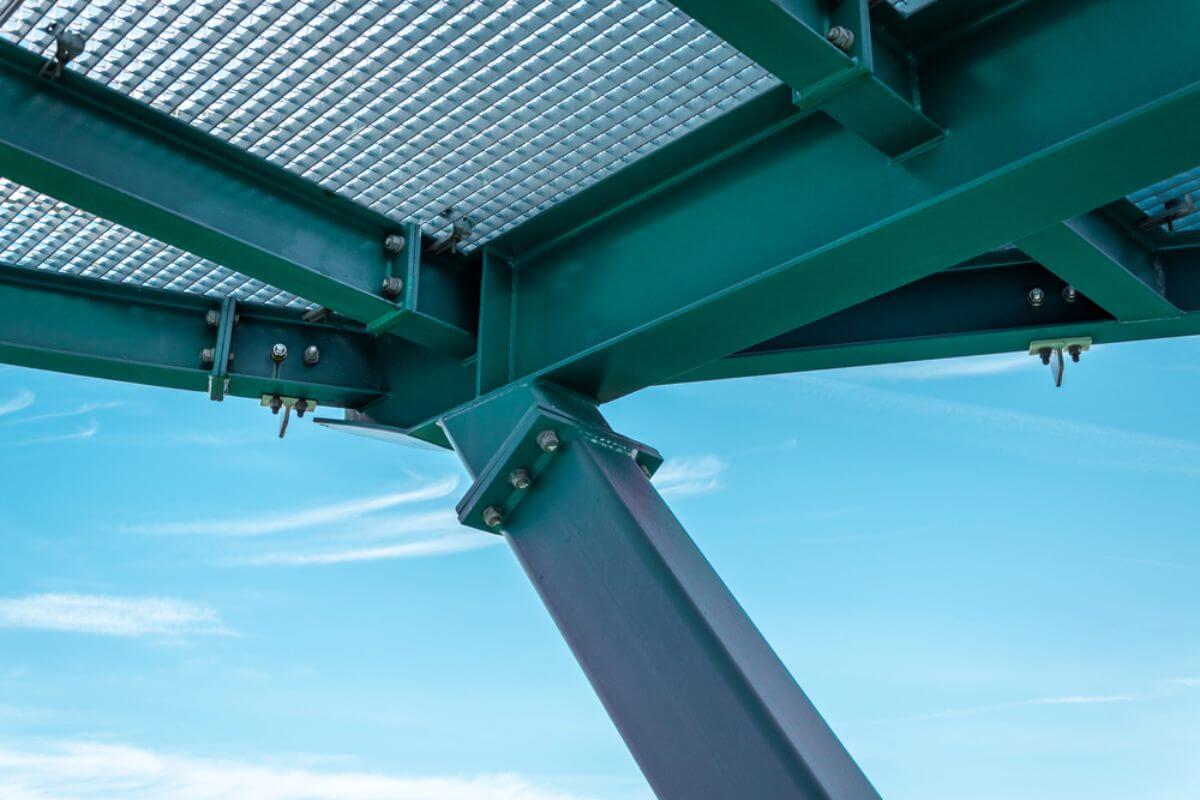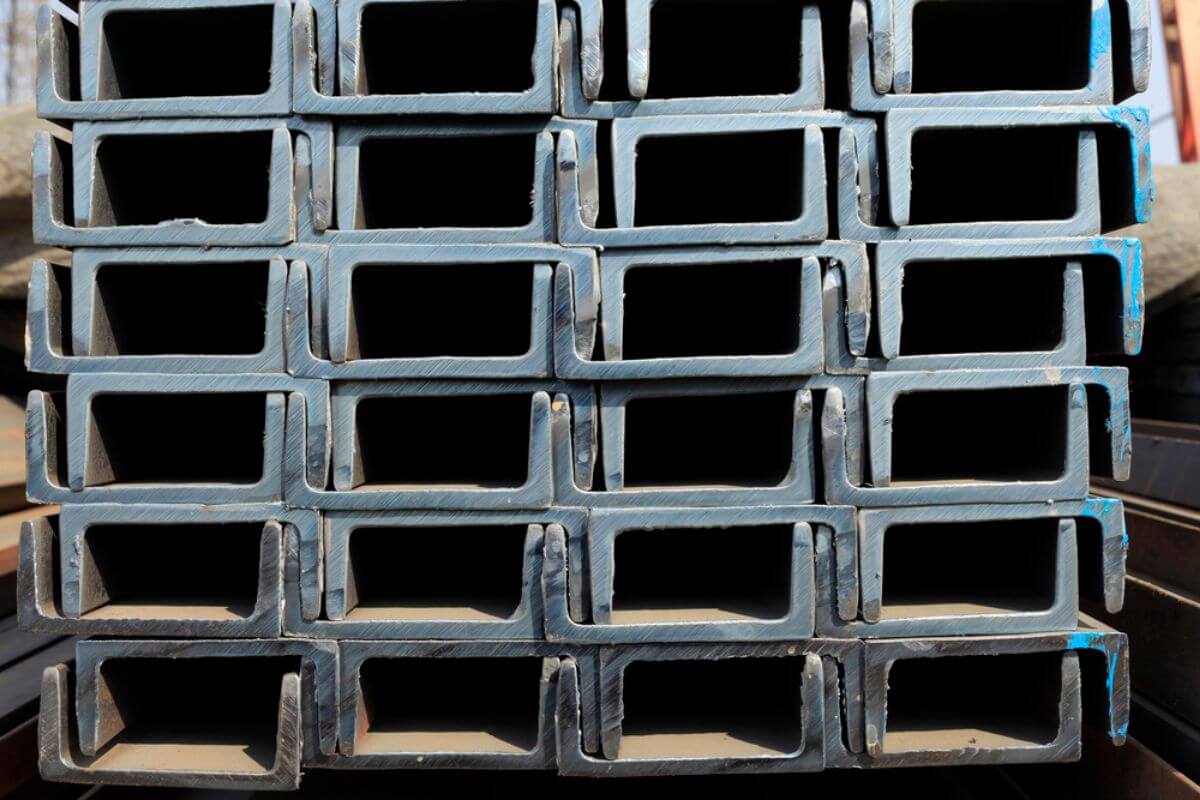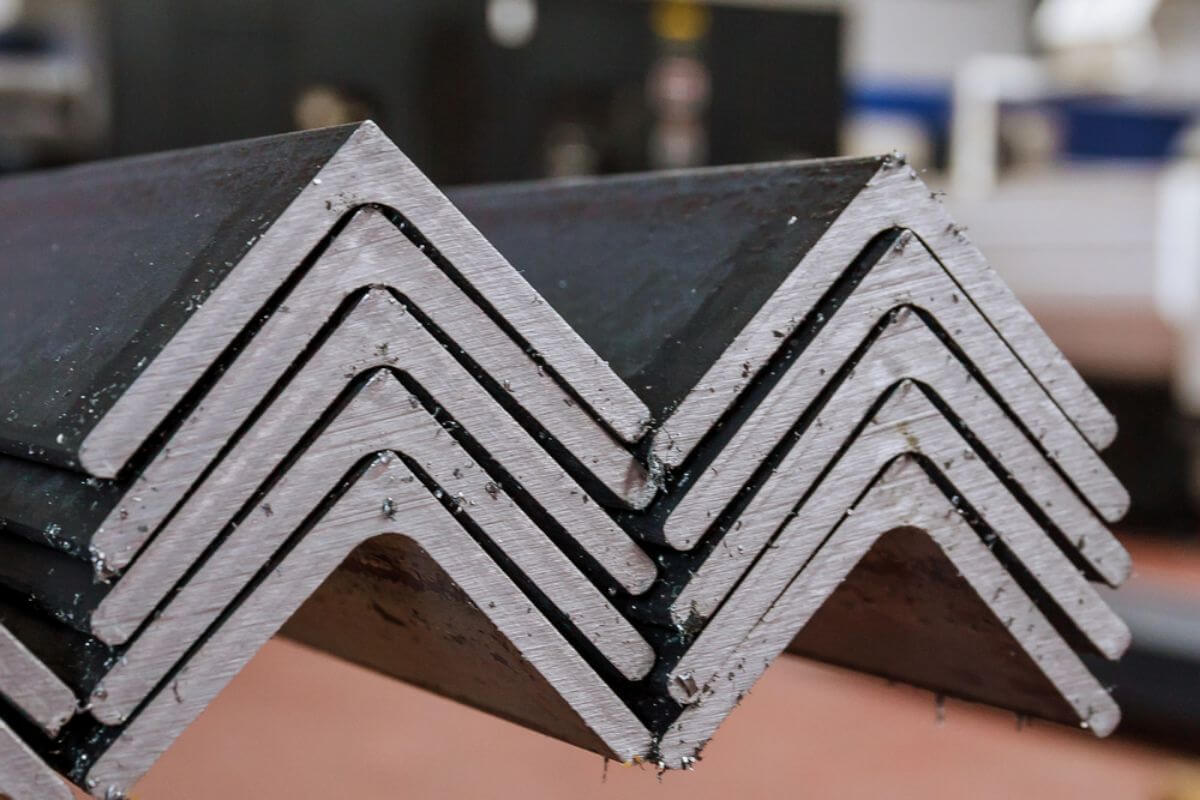Overview
- Relying on imported construction materials in the Philippines can pose risks to quality, safety, and durability, especially in the tropical climate.
- This article highlights how sourcing materials locally ensures stronger, safer, and longer-lasting structures.
- Key steps include defining project needs, evaluating suppliers, verifying material quality, managing logistics, and building lasting supplier relationships.
The construction industry has increasingly faced risks from overreliance on imported materials, including substandard steel, flooring, and drywall with harmful chemicals. While these imports fill supply gaps, they can compromise quality, safety, and durability. In the Philippines, where structures must withstand a tropical climate and seismic activity, poor-quality materials can lead to costly repairs, delays, and health hazards.
That’s why in this article, we will explore how to source reliable construction materials locally and ensure safer, longer-lasting structures.
How Can You Source Reliable Construction Materials Locally?

Before starting a construction project, material quality and reliability determine the strength, safety, and durability of your structure. Sourcing locally provides faster delivery, easier quality checks, and the chance to work with trusted suppliers in your community.
Define Project Needs & Research Local Options
The first step is to clearly identify your project’s requirements. List down the exact materials, dimensions, and quantities you’ll need to avoid shortages or over-ordering. Once you’ve defined your needs, research suppliers within your area who specialize in those materials.
You can also use online directories, industry forums, or referrals from contractors to build a shortlist. Visiting suppliers in person can also help you see what they offer and evaluate if they can meet your project demands. If you are specific from the start, you’ll save time, reduce waste, and make sure your chosen supplier can deliver exactly what your project requires.
Evaluate Potential Suppliers
After narrowing your options, take time to check the reputation of each supplier. Look into their track record by reviewing testimonials, client references, and previous projects. Ask about their compliance with construction standards and certifications that prove material reliability.
A trusted supplier should also be transparent about their sourcing process and open to answering your questions. If possible, consult local contractors who have worked with them before to gauge their dependability. When you evaluate suppliers thoroughly, you minimize the risks of project delays, substandard materials, or hidden costs, ensuring you choose a partner who can deliver consistently.
Verify Material Quality & Sustainability
Don’t rely on promises; always test or request samples before making bulk purchases. Check if materials meet industry standards by asking for certifications, lab test results, or inspection reports. In the Philippine context, where climate conditions like humidity and rainfall can affect materials, make sure your supplier provides steel that’s treated to withstand local environments.
If sustainability matters to your project, inquire if their products are eco-friendly or responsibly sourced. By verifying material quality and sustainability upfront, you protect your structure’s durability, minimize repair costs, and contribute to long-term environmental responsibility.
Consider Logistics & Cost-Effectiveness
Even with high-quality materials, poor logistics can cause costly project delays. Confirm if your supplier has enough stock on hand and whether they can deliver on schedule. Discuss delivery terms, transportation costs, and how they handle urgent requests.
Choosing a local supplier helps you save on shipping fees and ensures faster response times if replacements or adjustments are needed. While price is important, avoid picking the cheapest option if it compromises durability. Instead, aim for cost-effectiveness, balancing material quality, reliability, and affordability.
Build Strong Supplier Relationships
Reliable sourcing extends beyond a single purchase; it involves cultivating long-term partnerships. Maintain open communication, provide timely payments, and offer consistent feedback to strengthen the relationship. Suppliers often prioritize clients who demonstrate loyalty, offering better pricing, early access to materials, and dependable delivery.
Strong partnerships ensure stability, trust, and ongoing support, helping projects stay on schedule despite weather or demand fluctuations. Treating suppliers as collaborators rather than mere vendors creates a foundation for smoother operations and future success.
Partnering with Regan Steel: Your Trusted Source for Quality Materials
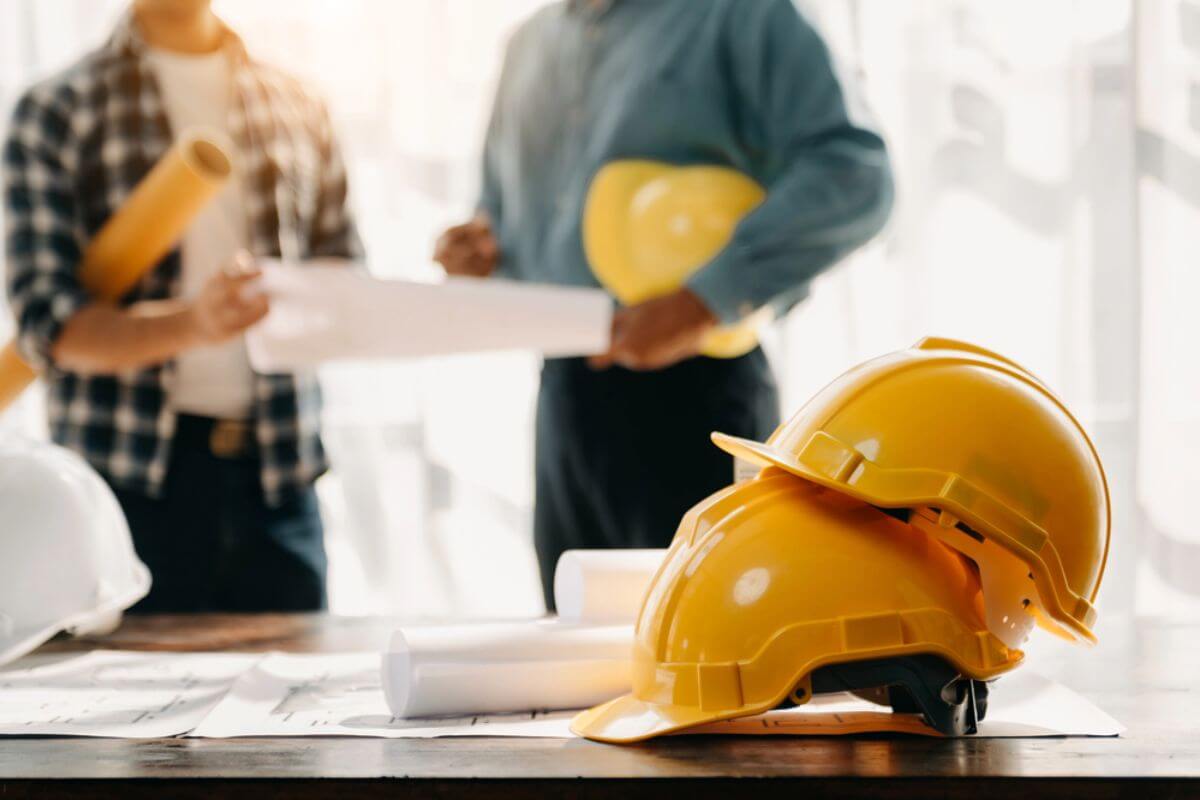
When sourcing construction materials locally, both quality and reliability matter. Regan Steel offers a comprehensive range of high-grade steel products, including I-beams, wide flange beams, and angle bars, all meeting strict industry standards. With a proven track record and dependable delivery, Regan Steel ensures your projects are built on strong, durable foundations.
Key Takeaway
Understanding how to source reliable construction materials locally is essential for ensuring project safety and durability. Securing dependable materials requires careful supplier selection, verification of quality, and attention to logistics and long-term relationships. Local sourcing also provides greater control, promotes sustainability, and supports the growth of the Philippine construction industry.
At Regan Steel, we take pride in being a trusted local supplier of premium-grade steel products tailored for the Philippine climate and construction demands. Contact us today and let us provide the materials you need for your next successful project.
